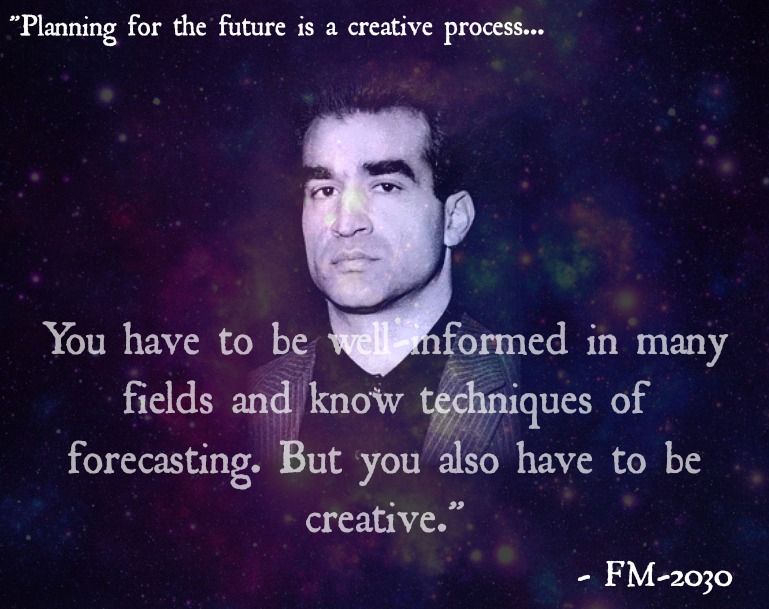One of the things that I’ve always liked about Star Trek, is the concept of a galaxy spanning civilization. I would expect that before we ever get to that point, we will have a civilization that spans our solar system. Having a solar system spanning civilization has many advantages. It would give us access to resources many times greater than what is found here on Earth. It also provides the opportunity for civilization to expand, and in a worst case scenario, help ensure the survival of humanity.
Millions of people living in spacious environmentally controlled cities on planetary surfaces and in rotating cylinders in free space, with industry that extends from Mercury to the comets is to me, a grand vision worthy of an ambitious civilization. But trying to make that vision a reality will be difficult. The International Space Station has the capacity to house just six people and cost approximately $100B to put in place. With a little simple division, that works out to about $17B per inhabitant! If we used that admittedly crude figure, it would cost $17 trillion to build a 1,000 person habitat in Earth orbit. Clearly, the approach we used to build the ISS will not work for building a solar system civilization!
The ISS model relies on building everything on Earth, and launching it into space. A different model championed by Dr. Philip Metzger, would develop industrial capacity in space, using resources close to home, such as from the Moon. This has the potential to greatly reduce the cost of building and maintaining systems in space. But how to develop that industrial capacity? Remember we can’t afford to launch and house thousands of workers from Earth. The answer it would seem, is with advanced robotics and advanced manufacturing.
But is even this possible? The good news is that advanced robotics and advanced manufacturing are already being rapidly developed here on Earth. The driver for this development is economics, not space. These new tools will still have to be modified to work in the harsh environment of space, and with resources that are different from what are commonly used here on Earth. While learning to adapt those technologies to the Moon and elsewhere in the solar system is not trivial, it is certainly better that having to develop them from scratch!
Advanced robots are already having a very positive impact on our economy and play a significant role in what is referred to as next shoring. Next shoring is the move to bring manufacturing closer to the customer. For U.S. customers, that means the return of manufacturing to the U.S. This only makes business sense if the manufacturing costs are as low or lower here, than elsewhere. It is evident that the labor share of manufacturing is lower in those countries that have a high degree of automation. We are getting closer and closer to the cost of materials and transportation being the main drivers in manufactured goods. This is just what we would like to see happen for our solar system civilization. Developing materials and transportation systems from local resources through automation will drive down the cost of opening up the solar system.
While this is great news for developing space, there are implications for our terrestrial civilization. Remember the push for automation in manufacturing isn’t driven by a space need, it is driven by Earthly economics. That means getting to market faster with a better product and at a lower cost. The implication to our terrestrial civilization is twofold. First, manufacturing corporations see greater productivity per employee. This makes sense in that you can increase productivity by adding robots while maintaining or even reducing the workforce. This equates to greater profits and happier shareholders! The downside of that increased productivity however, is a reduction in job growth, if not an outright decline. The very technologies that will make a solar system civilization possible may very well stifle the job market here.
Are people worried about this? You bet they are! This issue became apparent at the 2015 SXSW Festival in Texas. At that event a protest (a staged marketing stunt as reported in IO9) to “stop the robots,” occurred. Much to the surprise of the organizers, this protest generated a lot more attention than they planned, and was picked up by multiple news organizations. It would seem that this interest is driven by very real personal concerns that people have about losing jobs to robots.
Now this is where things get interesting. Economics is driving the development of advanced robots. These advanced robots enable space development but can potentially hurt the job market. From a systems viewpoint, we cannot champion the arrival of advanced robots as a boon for both industry and space development, without considering the potential downside.
People need jobs, and not surprisingly, they particularly like important work. We need to welcome the benefits that advanced robotics bring and at the same time, we need to be proactive in stepping up to the challenges that come along with the benefits. There are lots of ways to address this issue, but it is apparent from the concern shown at SXSW, that this is a conversation that needs to begin sooner rather than later.
We do live in a changing world, which is changing at an ever increasing pace. As leaders, we can chose to either react to the changes being brought on by a growing robotic workforce, or we can chose to lead the transformation of our institutions to successfully accommodate that change. If we chose to lead, the first step, as identified by Professor John Kotter, is a sense of urgency. That sense seems already to be building. Next steps are to develop a vision for ways to accommodate the necessary changes, and building coalitions necessary to implement it. It might be wise to start looking at these steps now.
Like any complex problem, multiple approaches will most likely be needed in order to address workforce disruption. With broad discussion, planning and leadership now, we can mitigate the downside issues, while enabling a strengthened economy now and a bright future among the stars.
Mark

